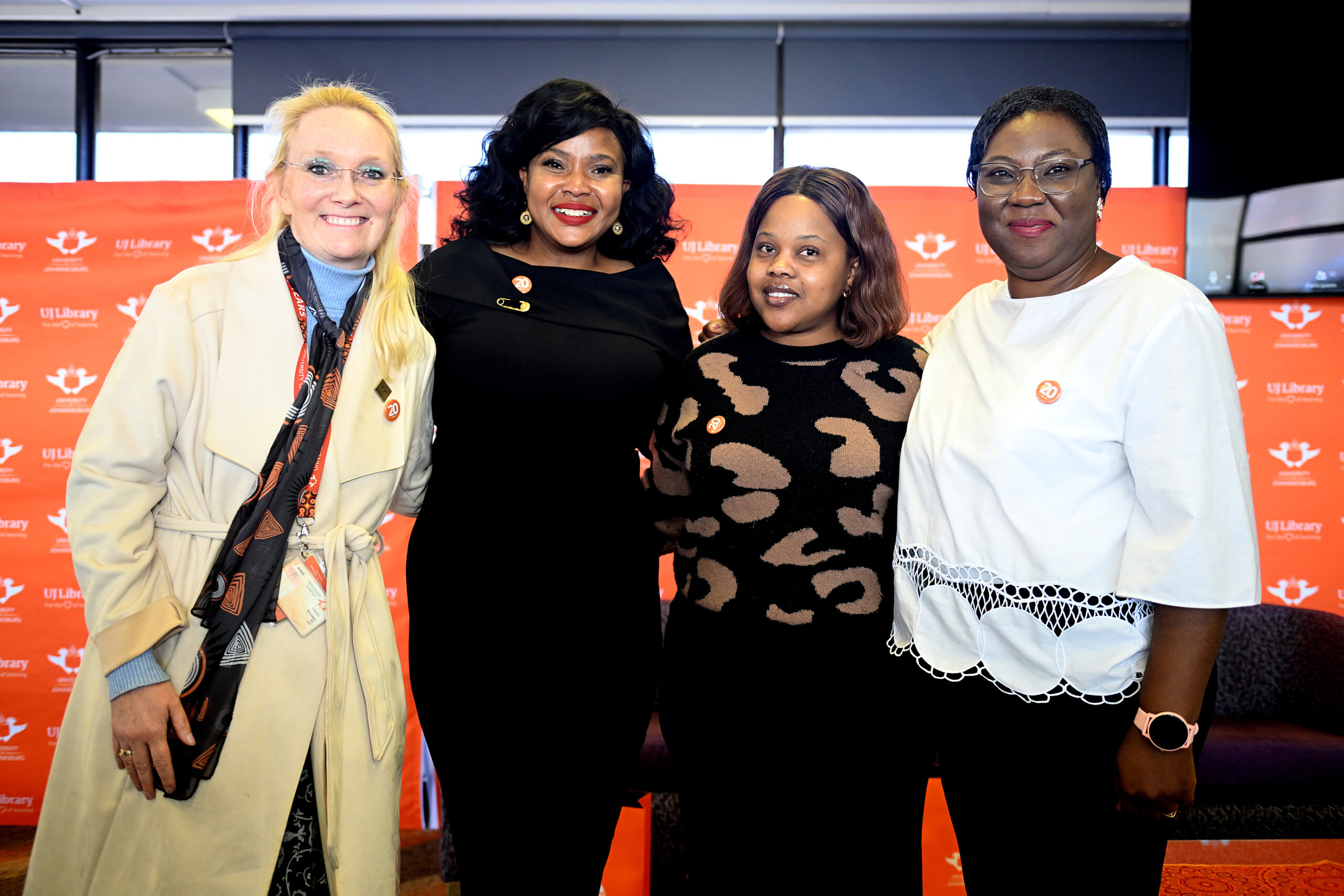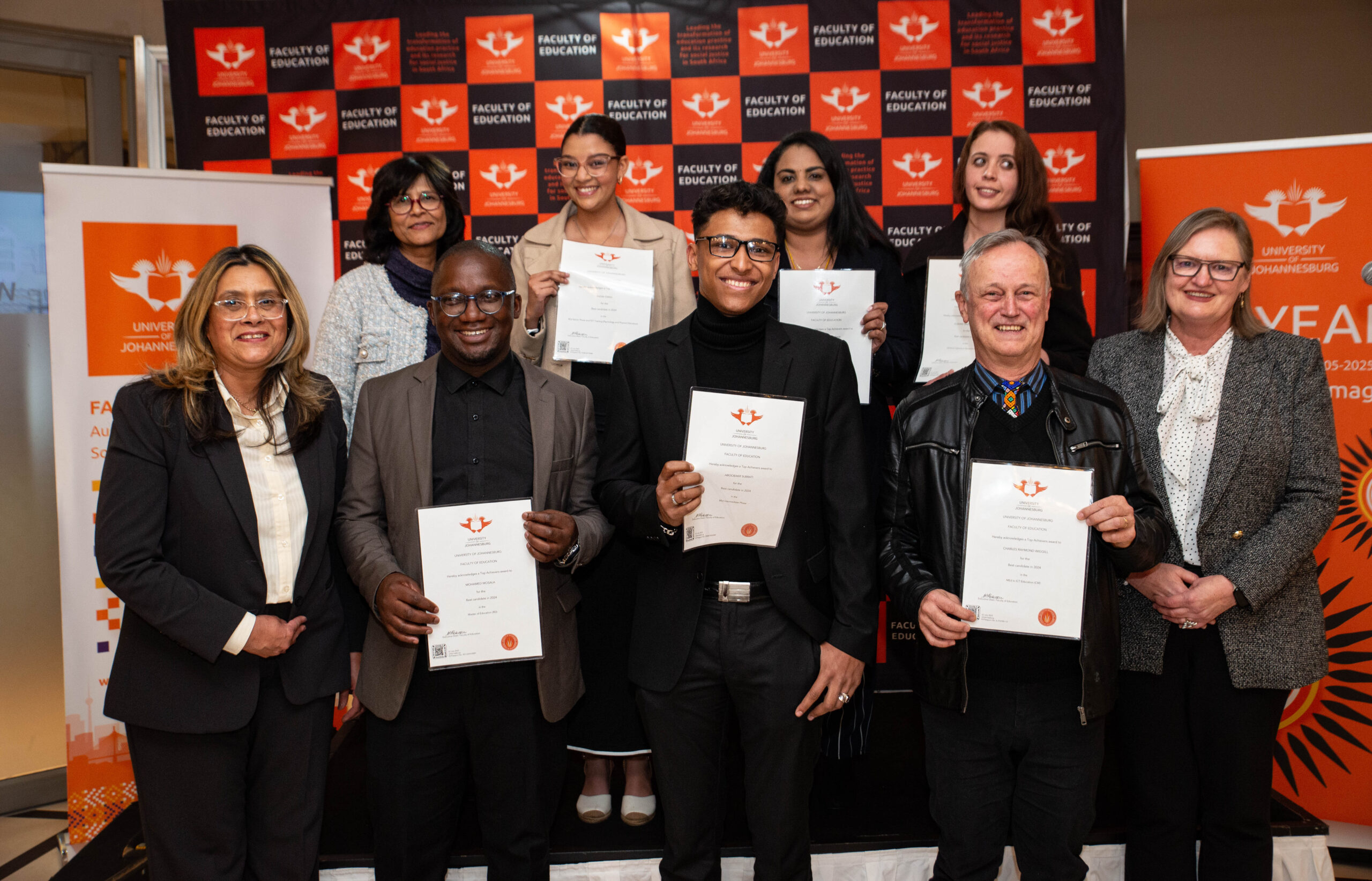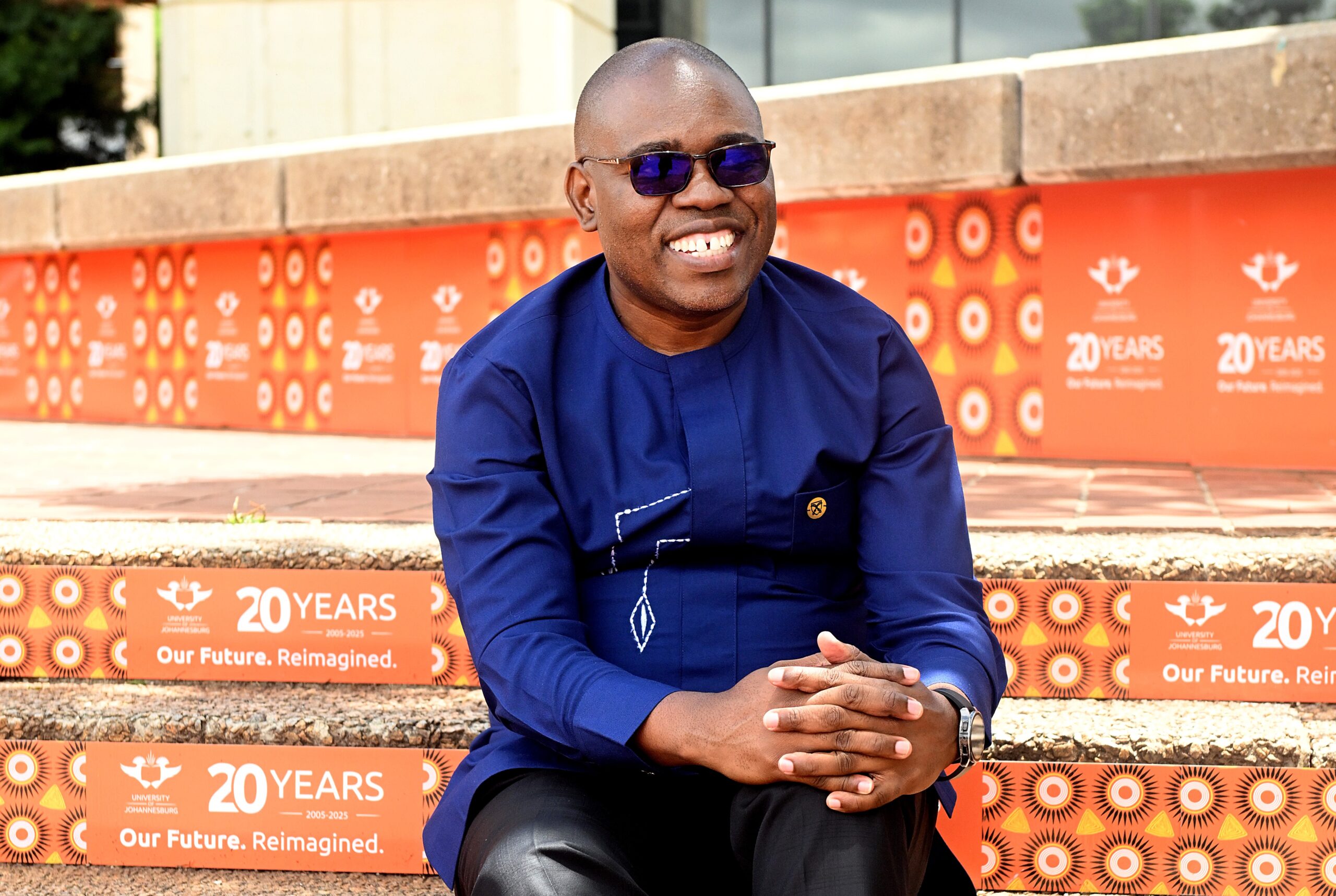South African mathematics and science educators are often criticized for their poor subject matter knowledge and competence resulting in a considerable number of high school learners struggling to pass the gateway subjects satisfactorily.
The University of Johannesburg (UJ)’s Science Centre at the Soweto Campus is addressing this challenge by playing a crucial part in mathematics and science education in the country. The Centre, which was established in 2010, will host, in partnership with the South African Institute of Physics, more than 600 mathematics and science educators during a three-day teachers’ development workshop from 30 June to 2 July 2014. UJ’s Science Centre was established, as a community engagement project, to open the door of knowledge for school children, teachers and the community of Soweto.
Says Prof Azwinndini Muronga, Director of UJ’s Soweto Science Centre: “There is no doubt that the country needs serious intervention strategies that could strengthen mentorship, support and guidance in curriculum implementation at secondary school level, especially at grade 10, 11 and 12 level. The Centre aims to address some of the challenges faced by our country in the areas of Mathematics, Science, Engineering, Technology, and Innovation.”
His vision for the Centre is that it should not be just another place where children can interact with exhibitions. Rather, it needs to actively help create university-ready learners, because South Africa is facing a crisis when it comes to maths and science.
Prof Muronga highlights that the Centre also fulfils a vitally important function in the community because it not only encourages learners to do well in matric, but it also prepares them for the challenges associated with university studies. “University lecturers and tutors noticed that some learners are academically not well prepared for university. Many of the schools in Soweto do not have laboratories where learners can do practical experiments,” says Prof Muronga.
As the epicenter of pedagogic innovation, the UJ Soweto Science Centre is ideally poised to play an important role in nation-building efforts through the provision of innovative science theory and laboratory lessons, computer training, exhibitions focusing on aspects of everyday life and other developments relevant to South Africa.
The key activities of the Science Centre include:
- teaching theory lessons in mathematics, physical sciences, life sciences and environmental sciences;
- Conducting supervised laboratory and tutorial sessions;
- Teaching English for scientific communications and conducting computer training
- Organizing and participating in public talks, expo days, science days, career festivals, science beyond borders exhibitions and other science related activities.
In 2013, the Centre hosted more than 820 learners from 136 schools around Soweto and surrounding regions. A substantial number of learners exhibited considerably improved performance in various key subjects as a direct result of the sustained appropriate interventions provided by the Centre. As part of the key activities of the Centre, learners attend supervised laboratory and tutorial sessions on Friday afternoons and theory lessons on Saturdays and during school recess.
The design of the year planner is based on a university model in order to introduce learners to a university culture thereby bridging the cultural gap between high school and university. The learners are also provided with the necessary learning material for each grade level.
The Centre further coordinates a well-structured teacher professional development programme. “Our focus is not just on learners but also on teachers,” says Professor Muronga. “In collaboration with the National Committees of International Council for Science Unions, the Centre also assists in empowering and enhancing the skills of mathematics and sciences teachers. The Centre provides teachers with the educational support of and assistance with learning content, mathematical and science related skills such as conducting laboratory experiments, professional development, knowledge and skills related to curriculum development and implementation. The Centre serves as an alternative and additional resource centre for mathematics and science teachers. Mathematics and science study rooms as well as a computer laboratory with internet access are primarily used to train teachers in the use of relevant technology at different levels for various purposes.”



